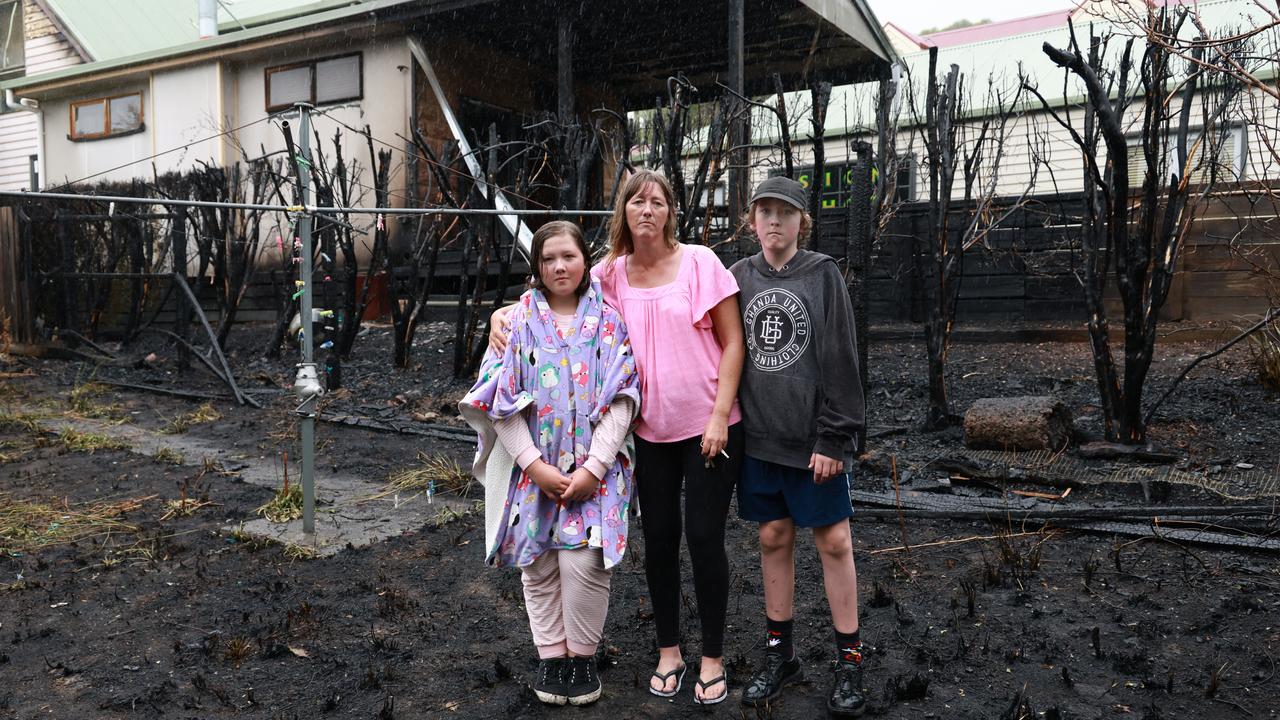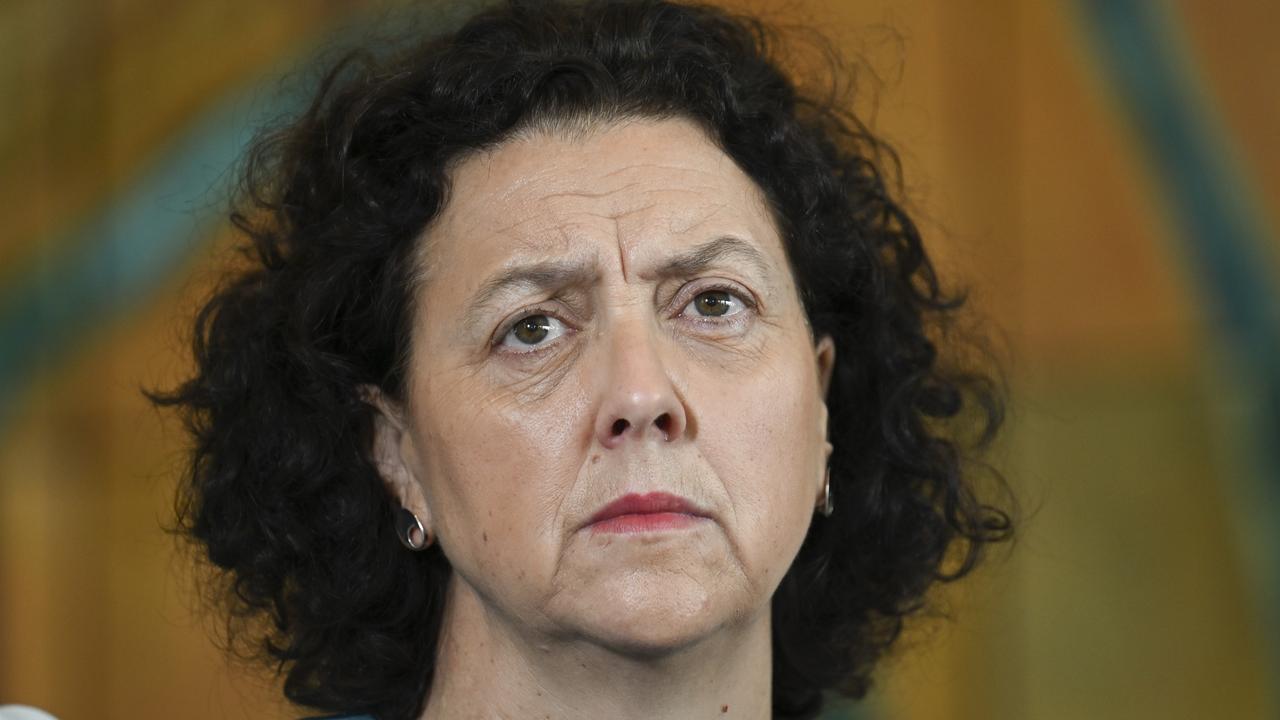Everything you need to know about Victoria’s new Short Stay Levy Bill set to tax Airbnbs
Property investors and holiday-goers are set to cop the consequences of a new tax as the Labor government scrambles to achieve its housing reform plan and battle the state’s record debt.
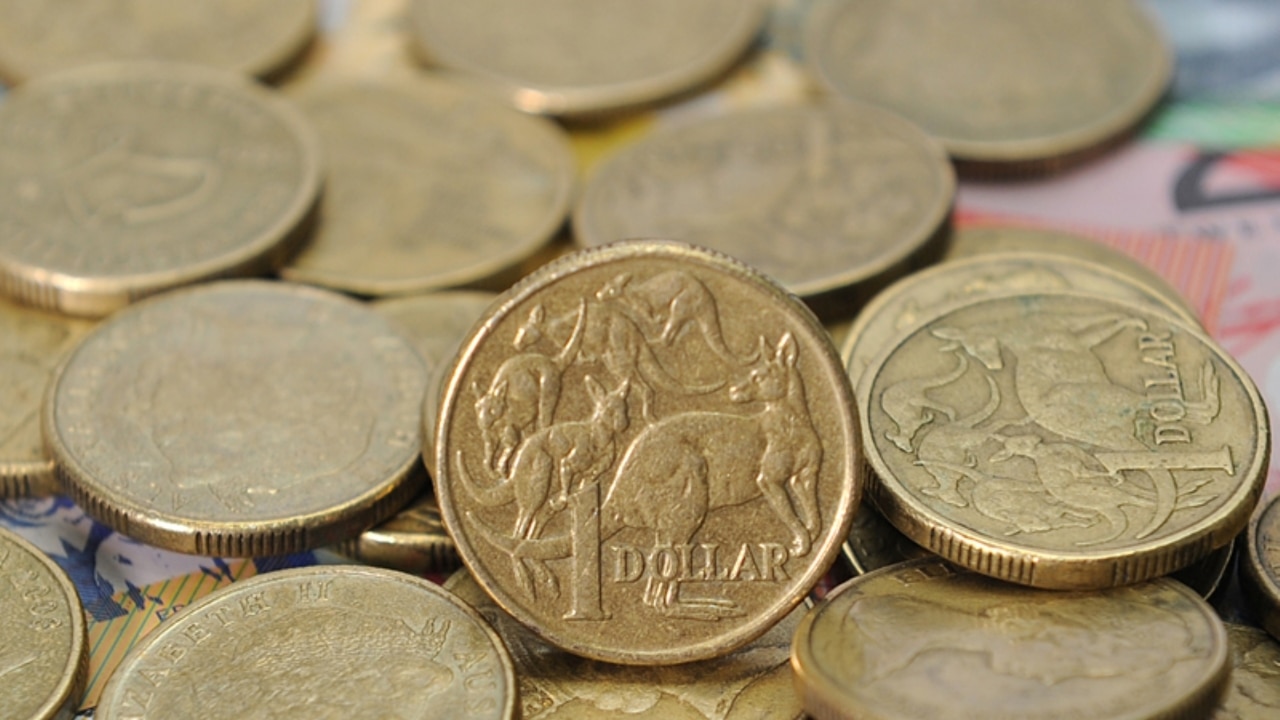
Victoria
Don't miss out on the headlines from Victoria. Followed categories will be added to My News.
Victorian property investors are set to be hit with another tax and tightened regulations under the state government’s controversial Short Stay Levy Bill.
Hardworking short-term rental property owners will be slapped with a new 7.5 per cent charge under the scheme as Labor scrambles to achieve its housing reform plan and claw back funding as it heads for a forecasted $187.8bn in debt by 2027-28.
So, what do Airbnb owners need to know?
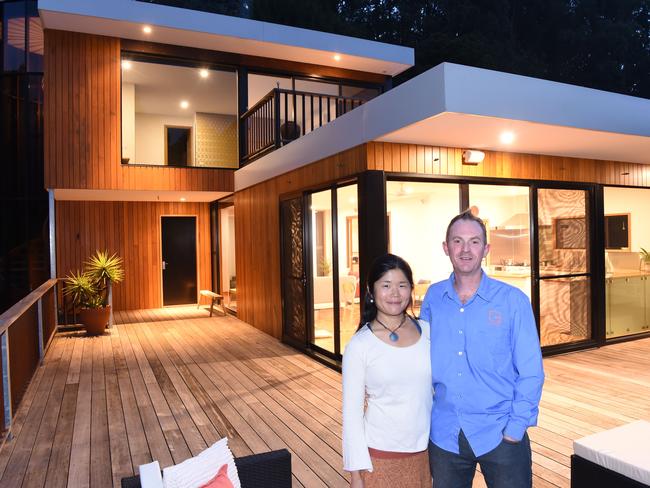
What we found out today
Council powers:
Local councils are currently allowed to implement their own rules for homes being used for short-term accommodation.
For example, the Bass Coast Shire Council requires property owners to pay a $300 fee and register their home if it’s being used as short term accommodation for the council can regulate.
When the 7.5 per cent levy fee was first proposed, the government specified it would replace these local council charges altogether.
But today, Victorian Treasurer Tim Pallas announced the government had changed its mind, and that councils would still be able to “put in place a number of charges” if they choose, even after the state government levy is introduced.
As a result of the backflip, short stay providers will face the risk of a double penalty on their investment properties if they choose to keep them on the short-term rental market.
Local councils will also be able to apply to the government to ban short term accommodation in their area altogether, as well as limit how many days a property can be listed.
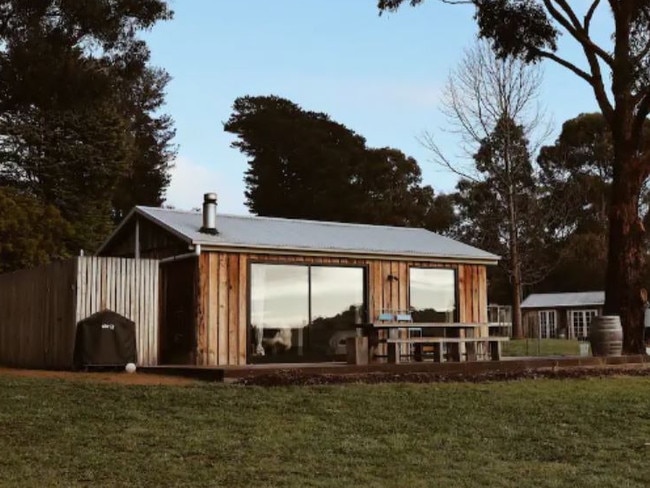
Owners corporations:
Properties managed by owners corporations will be granted powers to ban Airbnb and other short stay operators from operating at their property with a 70 per cent vote.
They, however, will not be able to stop primary residents from renting out or subletting their home. The 7.5 per cent charge will also not apply to you if you rent your home short term when you go on holiday.
What is the Short Stay Levy Bill?
In an Australian first, Victoria is set to introduce a 7.5 per cent tax on investment properties used for short-term accommodation.
Short stay operators will be charged 7.5 per cent of their booking revenue to go to the state government to invest in Homes Victoria.
It is, however, unclear how the tax will be collected.
The state government estimated more than 36,000 properties are being used as Airbnbs or for short-term accommodation across the state. More than 29,000 of these are entire homes.
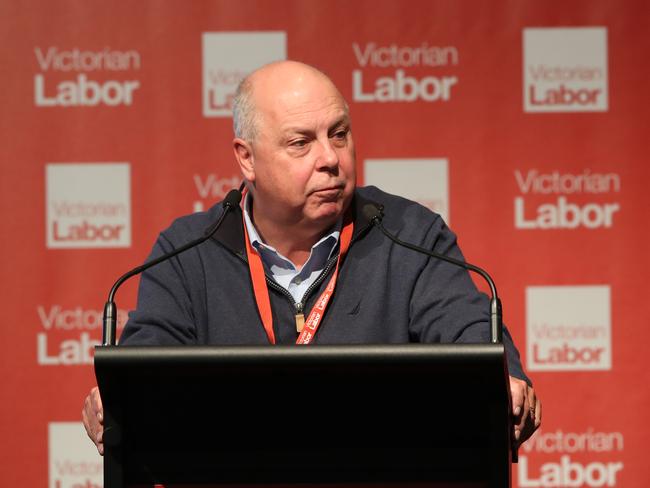
Why does the government want it introduced?
The government ultimately wants to incentivise Airbnb owners to return their properties to the long-term rental market or sell them to help address Victoria’s housing crisis and keep up with the growing population.
The Victorian Greens said short-term accommodation investors were “hoarding homes for profit”.
Mr Pallas estimated the charge on Melbourne investors would generate $60m a year, set to be given to Homes Victoria to fund social housing.
The government, however, has been unable to provide research suggesting how many homes the new levy could bring to the housing market.
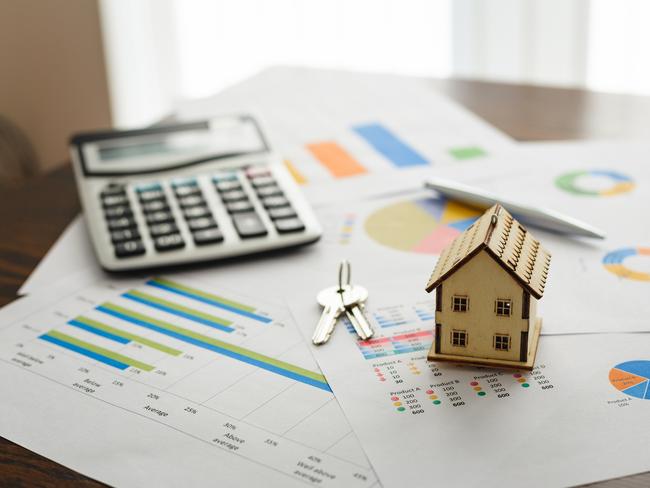
I run an Airbnb. What does this mean for me?
Melbourne investors generate, on average, about $27,800 in booking revenue from short term accommodation – the levy fee would mandate that $2100 of this be given to the government.
The Parliamentary Budget Office expects property owners will either cop the tax burden or charge their consumers higher fees to keep their revenue steady.
Those who run their short term accommodation through a real estate agent or on social media will also be forced to comply with the new rules, and will be obliged to declare those arrangements.
The State Revenue Office has the power to investigate if there has been a failure to declare and comply with law.
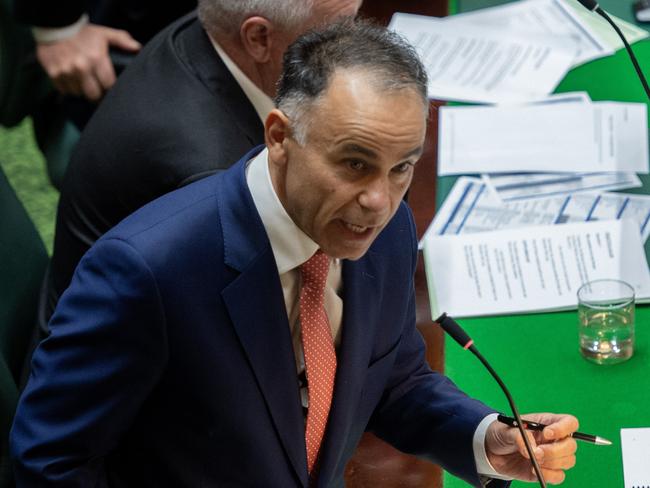
What does the Opposition say?
The Opposition has maintained there are more effective ways to incentivise property owners to return their homes to the long-term rental market without causing harm to the tourism industry.
“Jacinta Allan is imposing on Victorians and will slug them at a time when they can least afford it and it will almost certainly produce job losses in the tourism sector,” Opposition Leader John Pesutto warned.
Shadow minister for tourism, sport and events Sam Groth said the tourism industry would ultimately pay the price of the fee hike.
“This new charge will fall directly on Victorian holiday-makers and will do nothing to address the fundamental causes of Victoria’s housing affordability crisis,” he said.
“Every dollar spent on Labor’s new tax is one less being put into tourism businesses which support local jobs and economies across the state.”
The Western Australia government has taken a different approach to reviving their rental market – paying short-term accommodation owners $10,000 if they return their home to the long-term for at least 12 months.
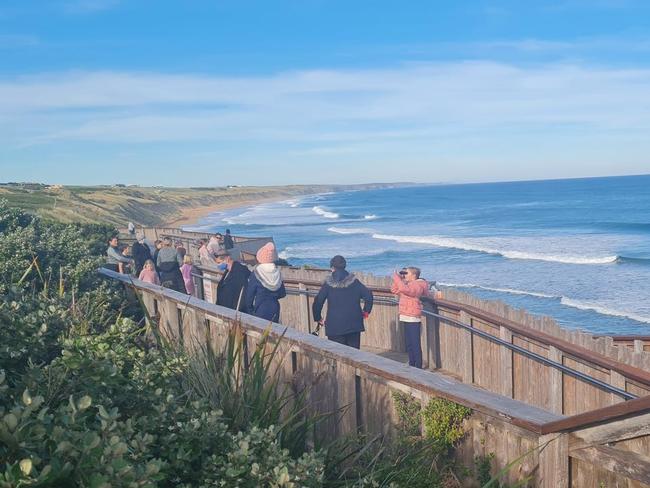
What does the tourism industry say?
The state’s tourism operators have been left “incredibly concerned”, fearing the tax will have a dire effect on the already struggling industry and deter tourists from visiting and spending in the regions.
There has also been widespread frustration about the “lack of clarity” given to tourism operators regarding who collects the tax and how it’s managed.
Booking platforms are also understood to have received “no advice” on the mandatory system changes.
Eacham Curry, senior director of government and corporate affairs at Stayz, said taxing short term rentals was “not the cause or the solution to the current pressures on housing”.
“We would encourage government to avoid additional or increased day or night caps, limits on guest numbers, or day fees. None of these approaches address current concerns around housing and could risk the value STRA brings to local communities and their economies,” he said.
Originally published as Everything you need to know about Victoria’s new Short Stay Levy Bill set to tax Airbnbs


